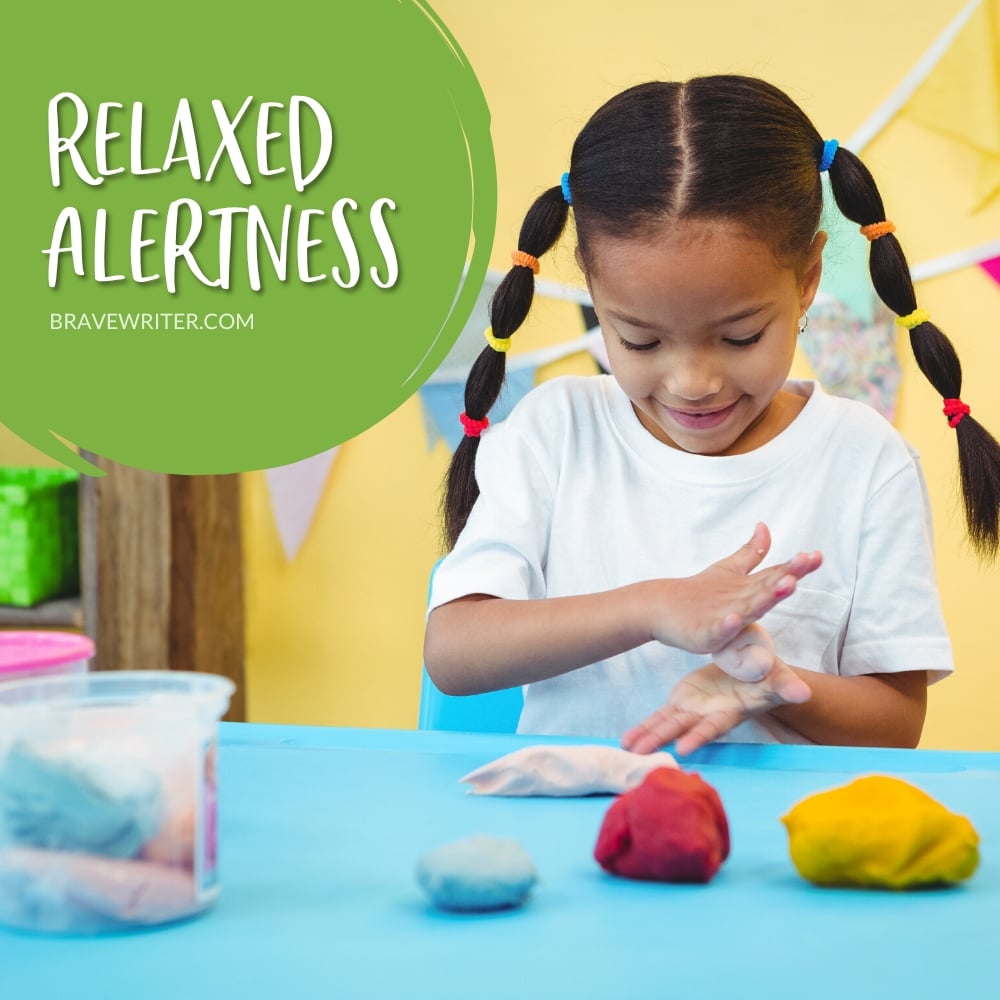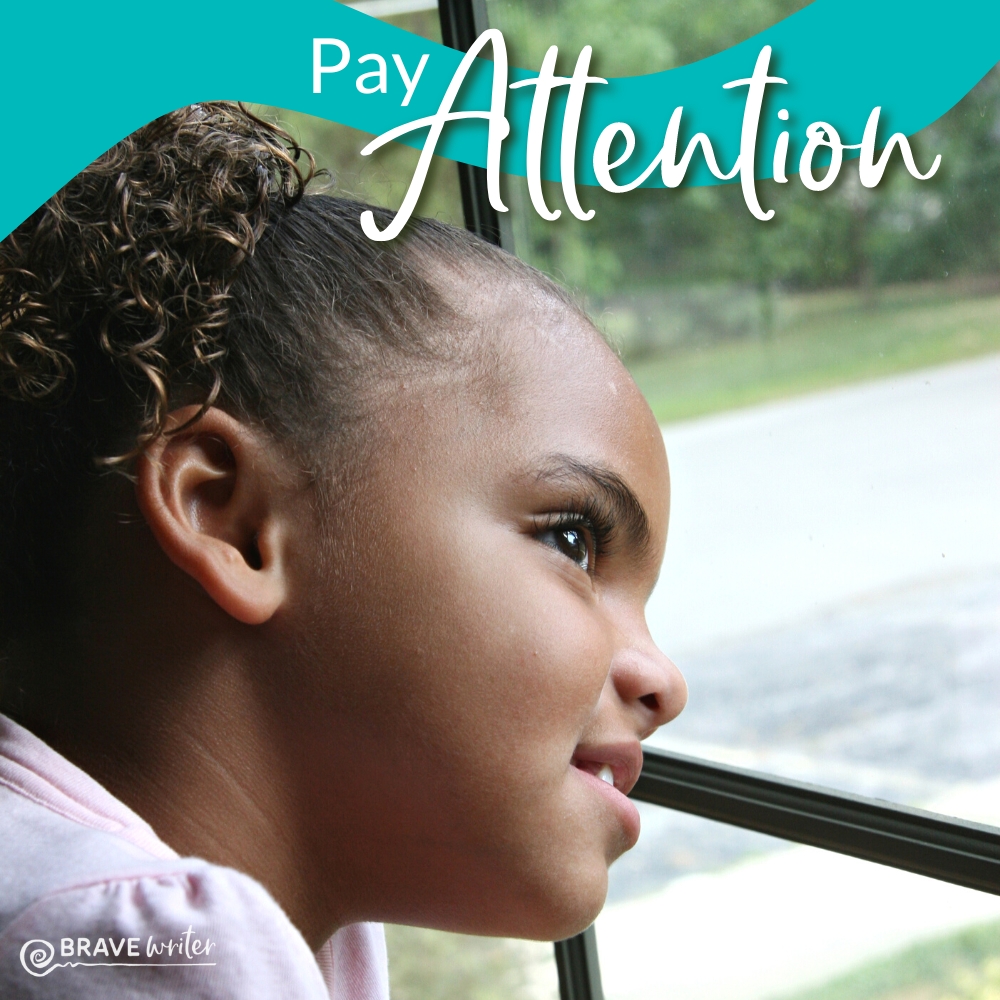
Traditional education models train kids to devalue their own thinking in favor of right answers and a teacher’s instructions. Little children who are used to exploring the world with their hands and wild imaginations are gradually conditioned to save those impulses for “after school” until they give them up all together before they even get to junior high.
And then we wonder why our teens appear to be inflexible, unable to grasp nuances. They’ve been conditioned by tests and homework to know that there is a right answer. They’ve lost their capacity for wonder. Teens who have retained their imaginations and their wide-eyed wonder are often seen as “not serious” about school or as “immature” or “socially inept.”
A Gift
If there were one gift I could give parents, it would be the ability to protect their children’s natural, not-jaded curiosity through the teen years. To:
- have a teen boy who is delighted by knitting or a teen girl who wields a power saw,
- converse with a teen who is enamored of fantasy novels to the point of writing their own and imagining that it could be published,
- know a teen who becomes so tender to the plight of abused animals, that teen chooses to volunteer at a shelter,
- raise a teen who plays with LEGO, who climbs trees, who secretly enjoys reruns of the PBS cartoon Arthur.
It’s one of the gifts of home education.
Let’s preserve conditions that promote wonder no matter what ages our children are.


























